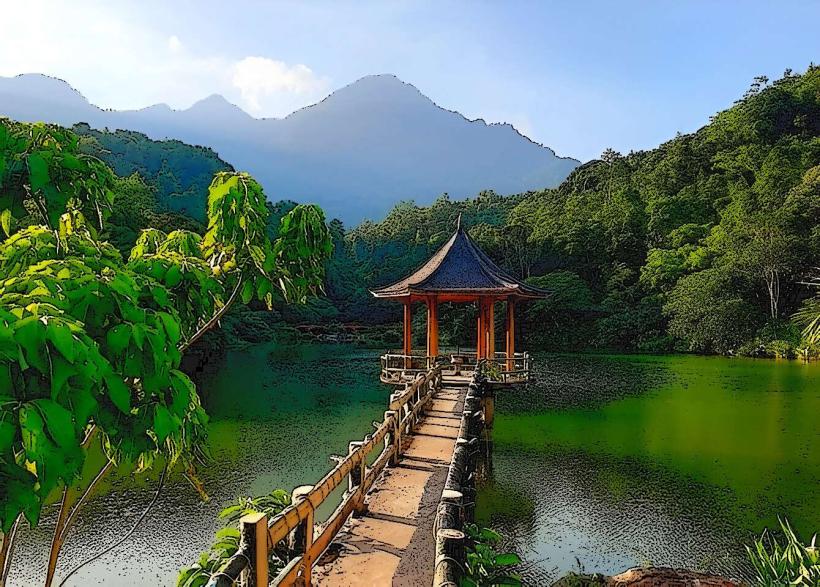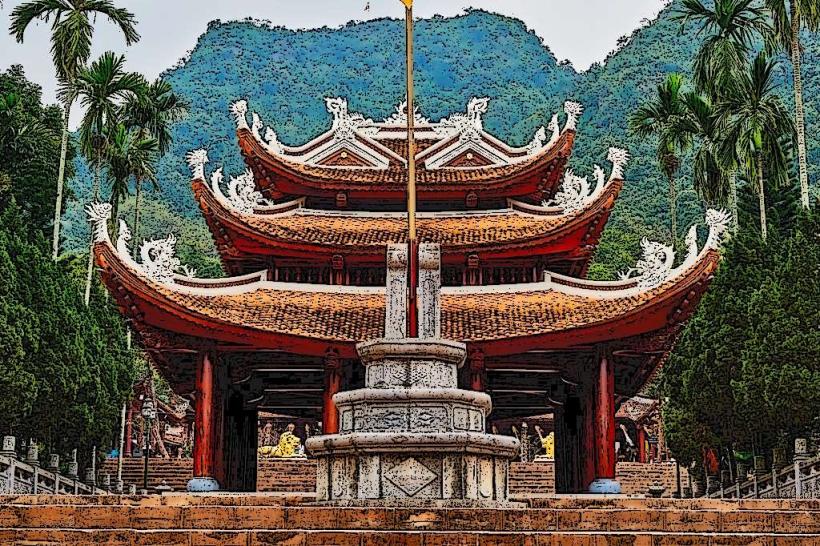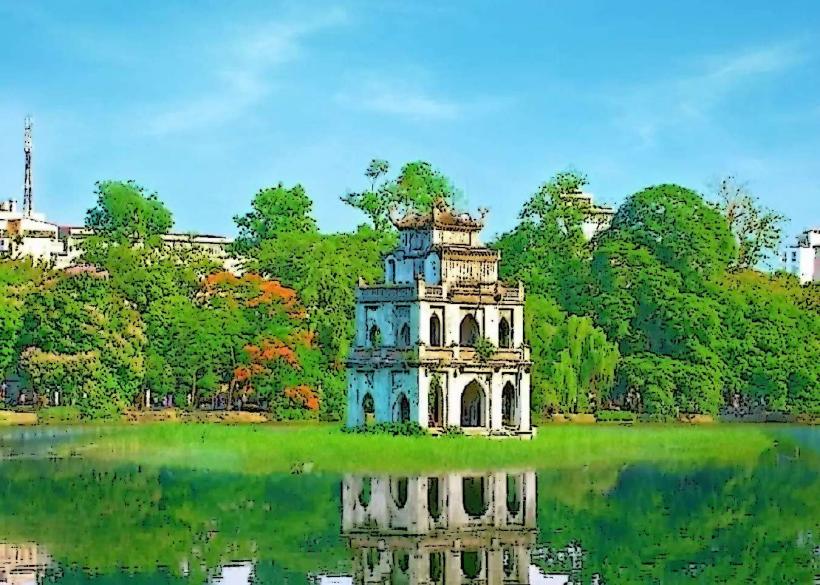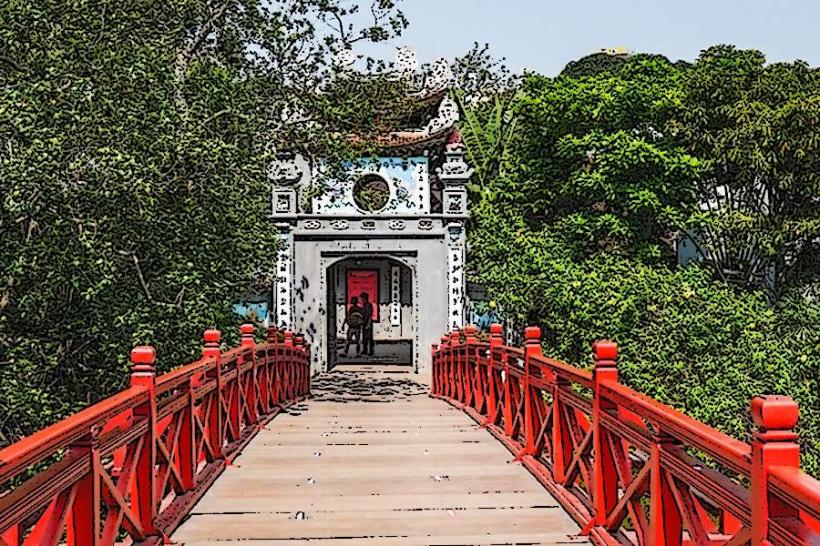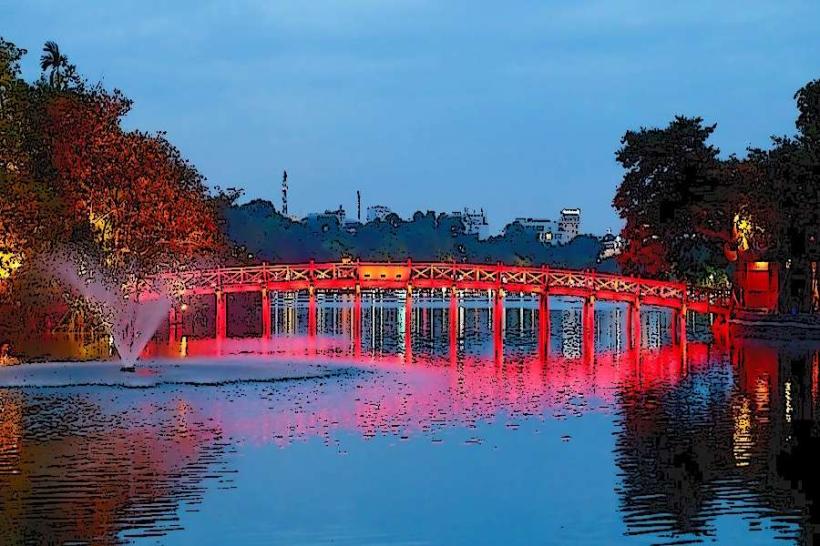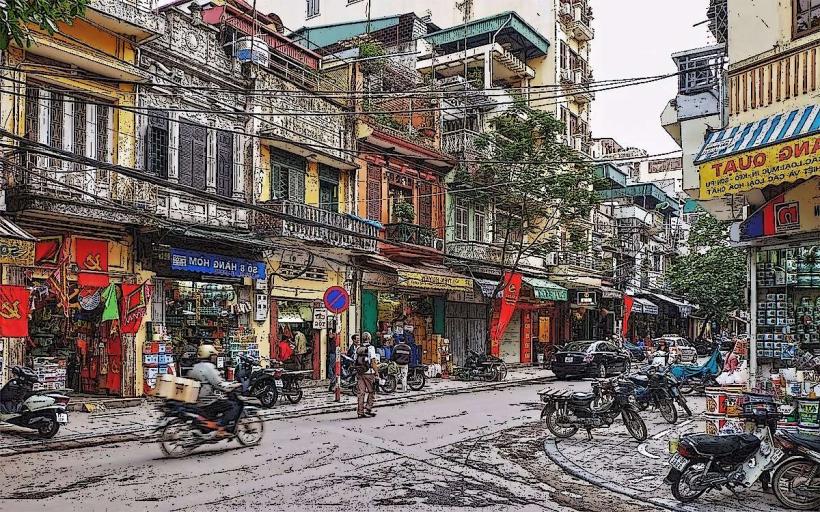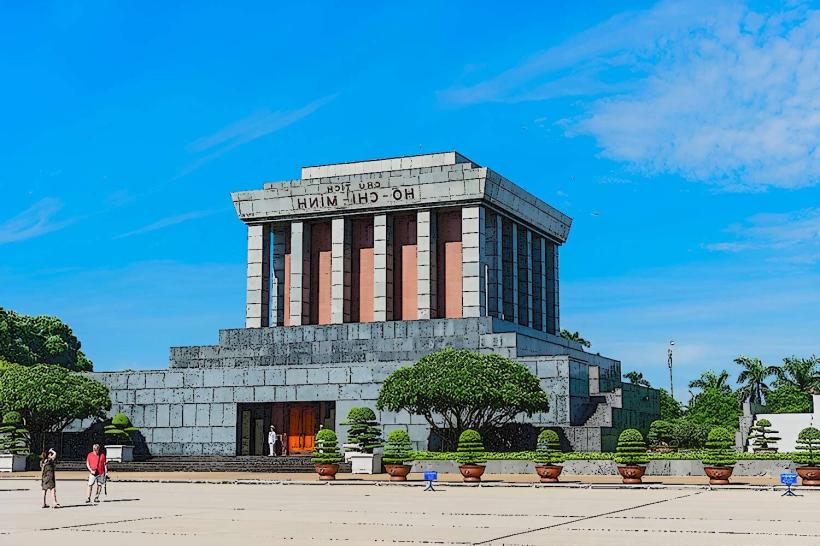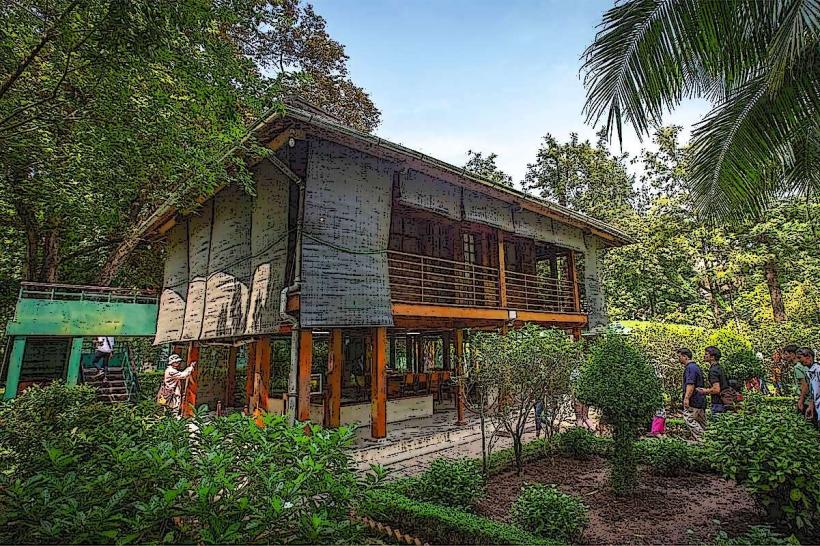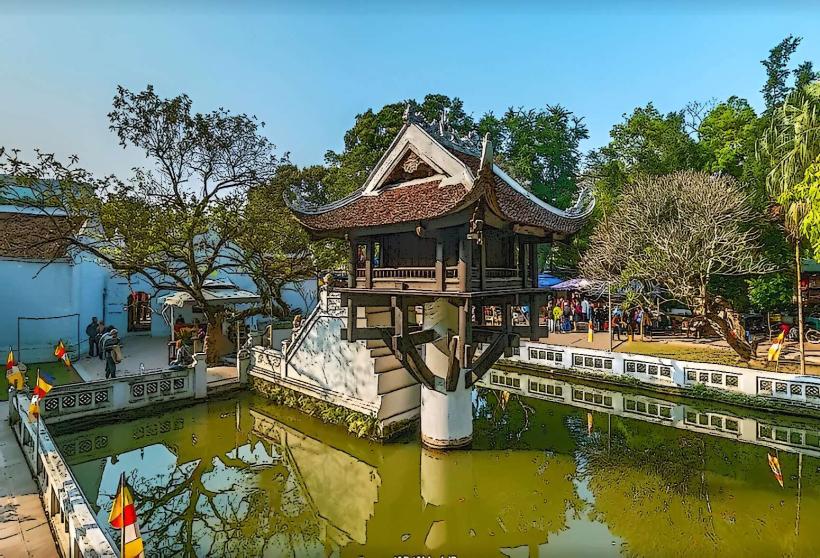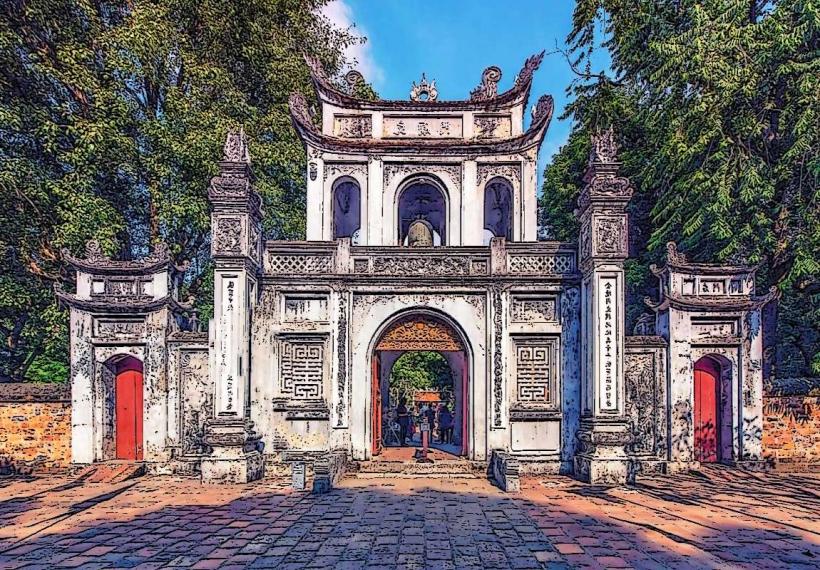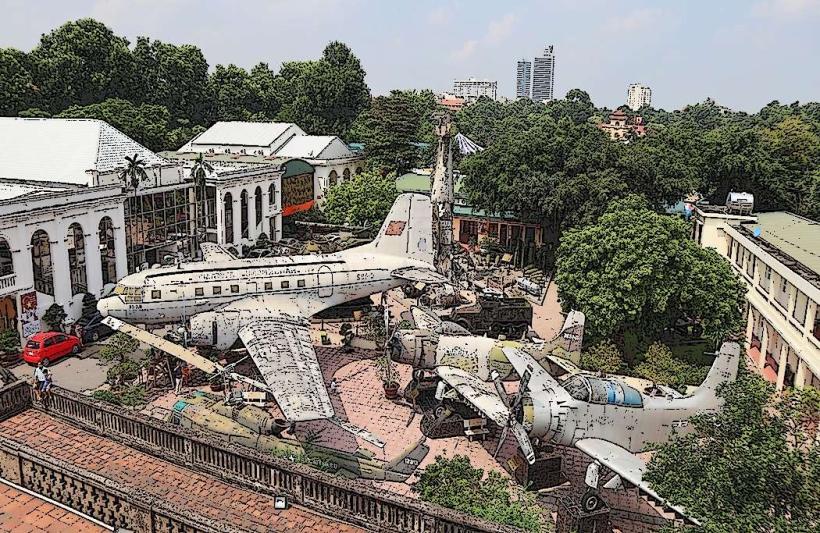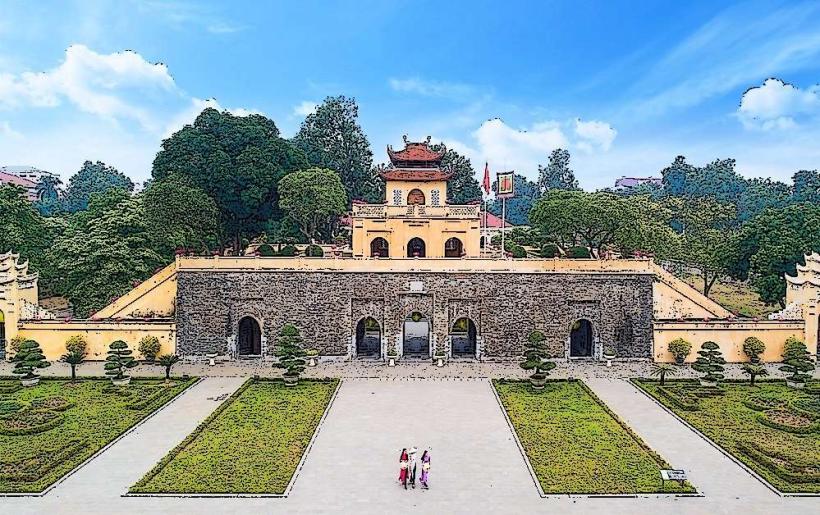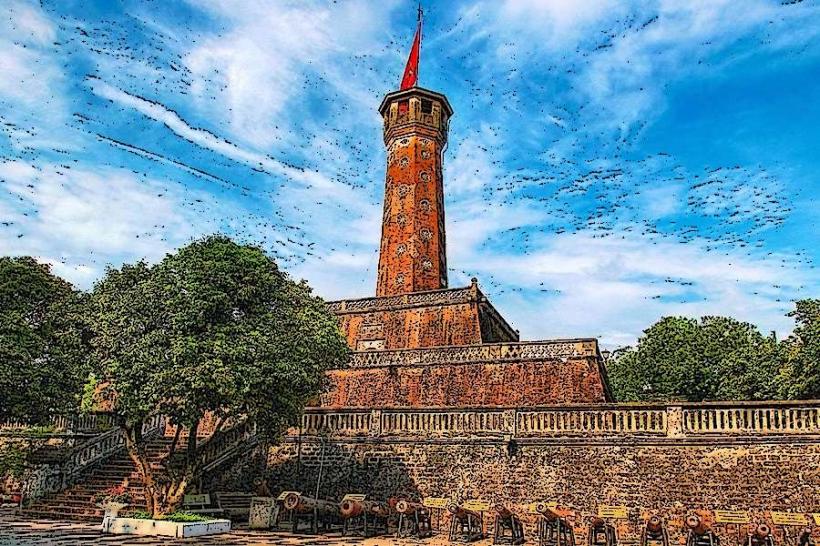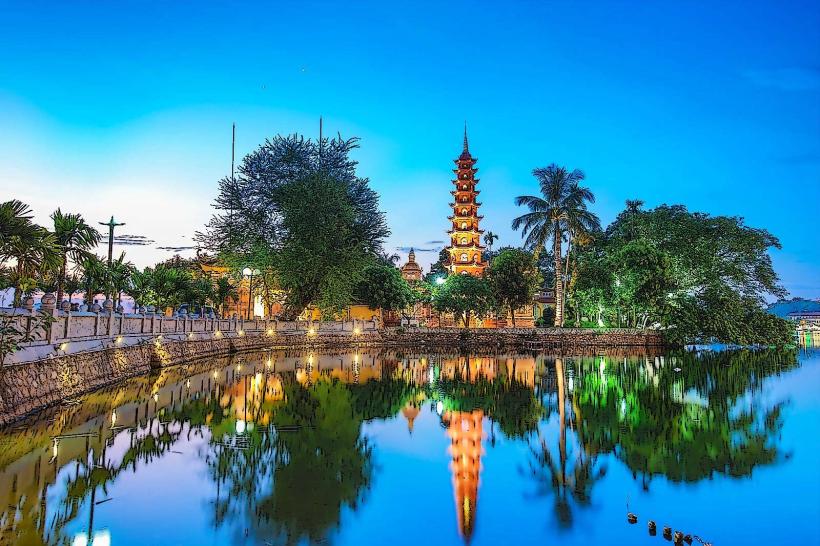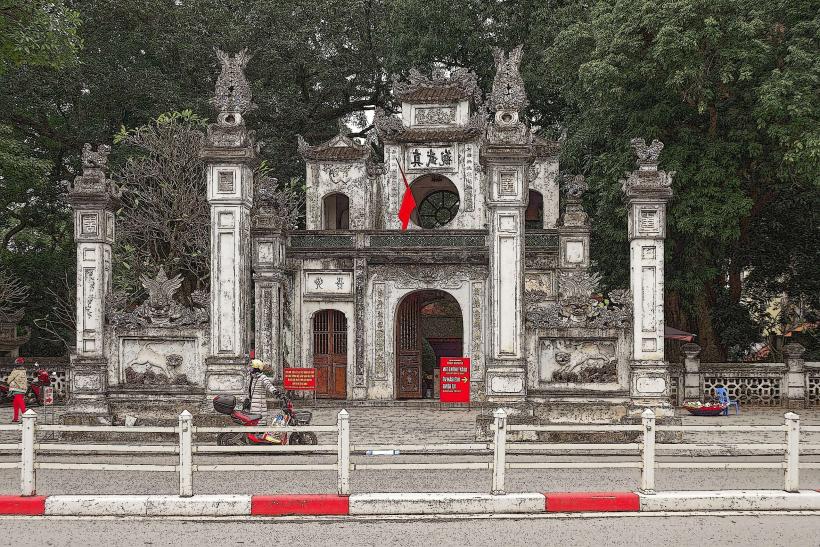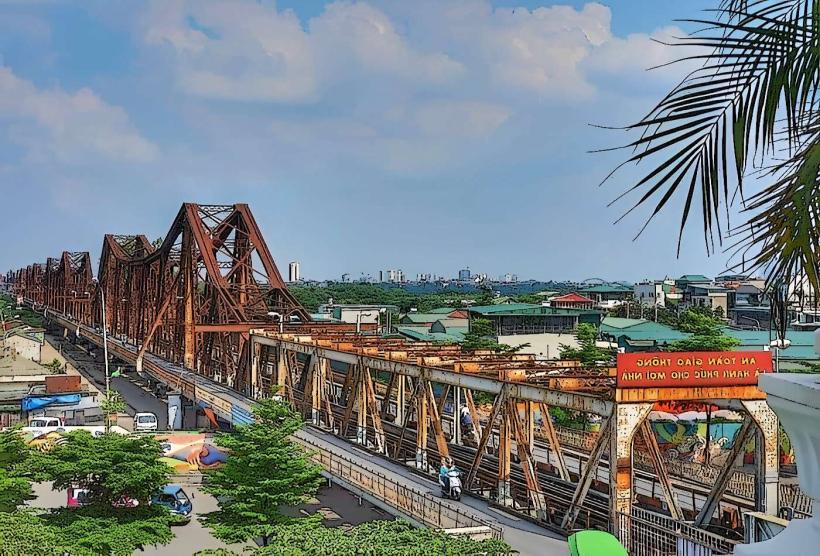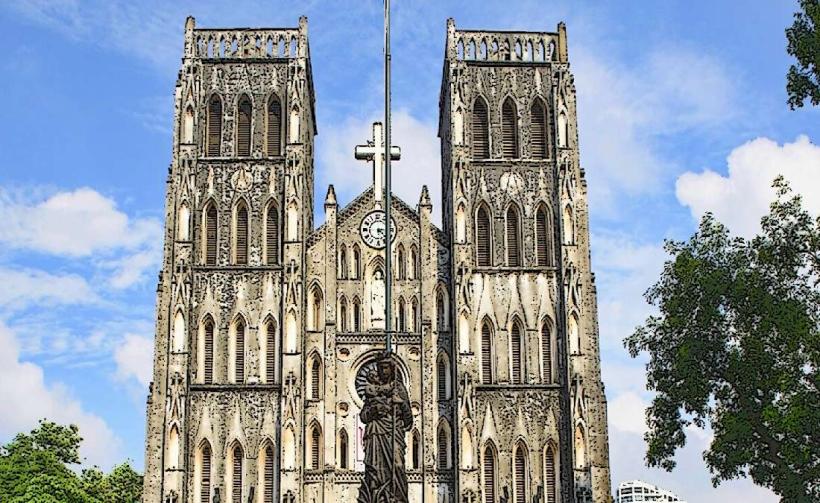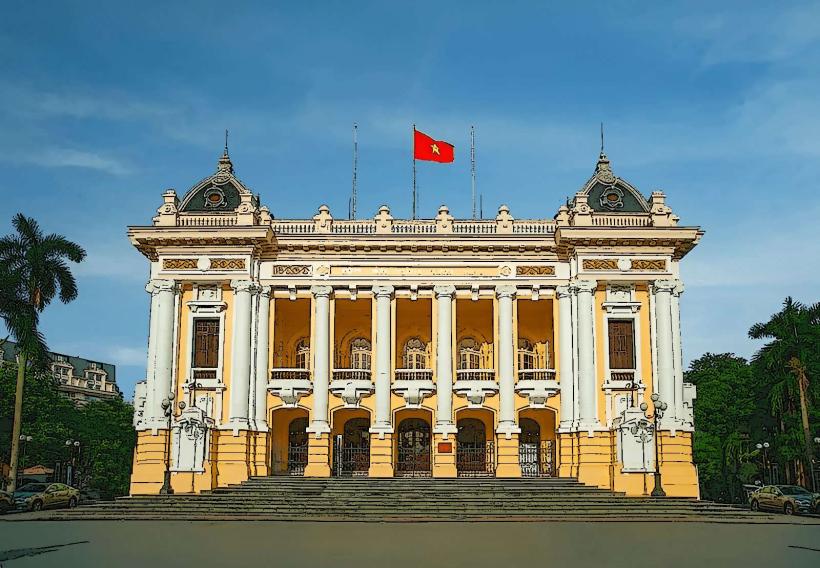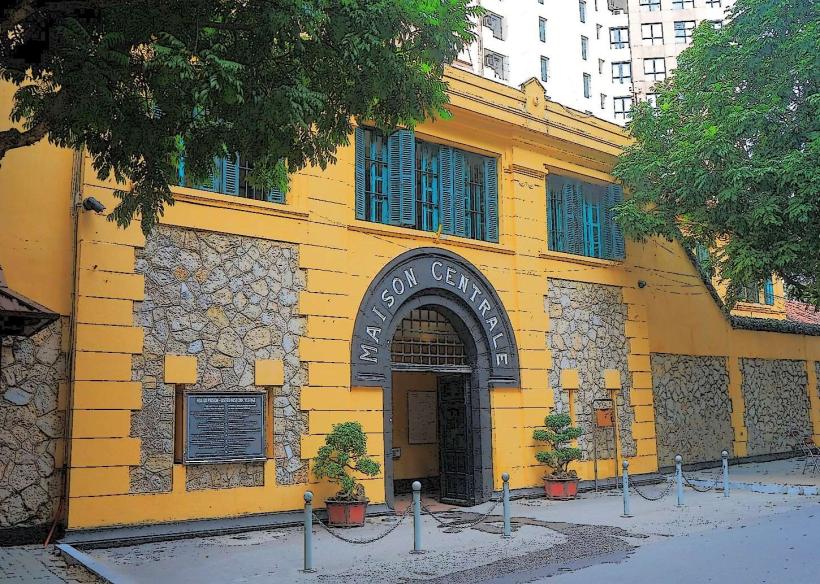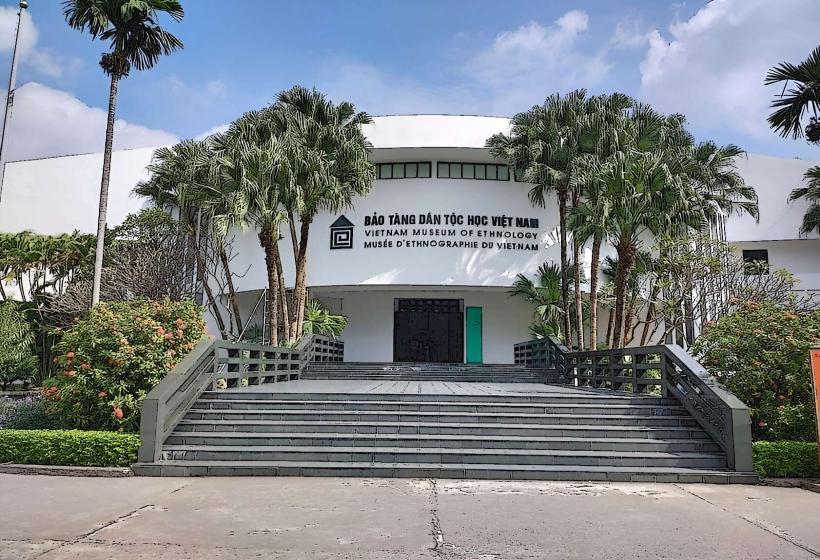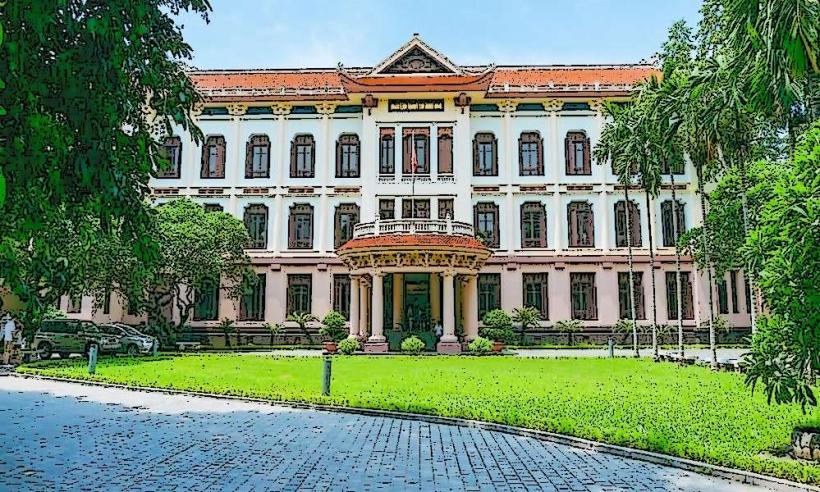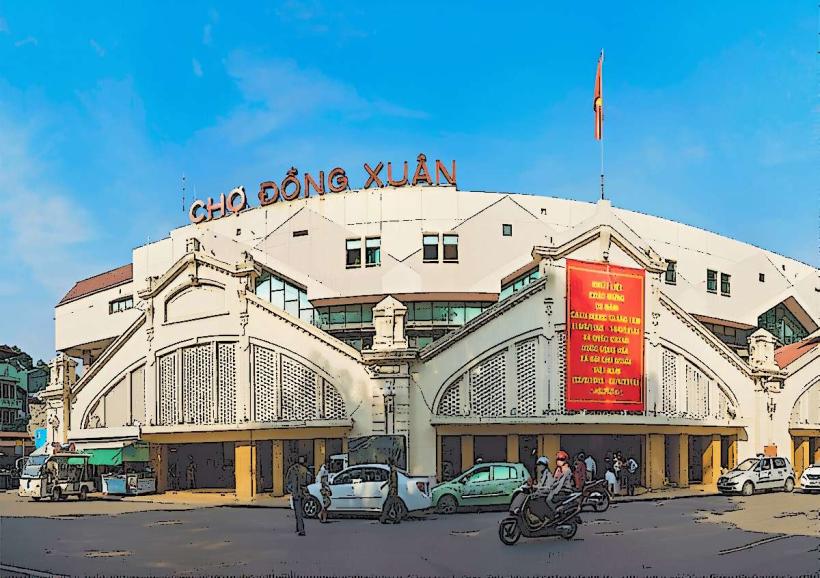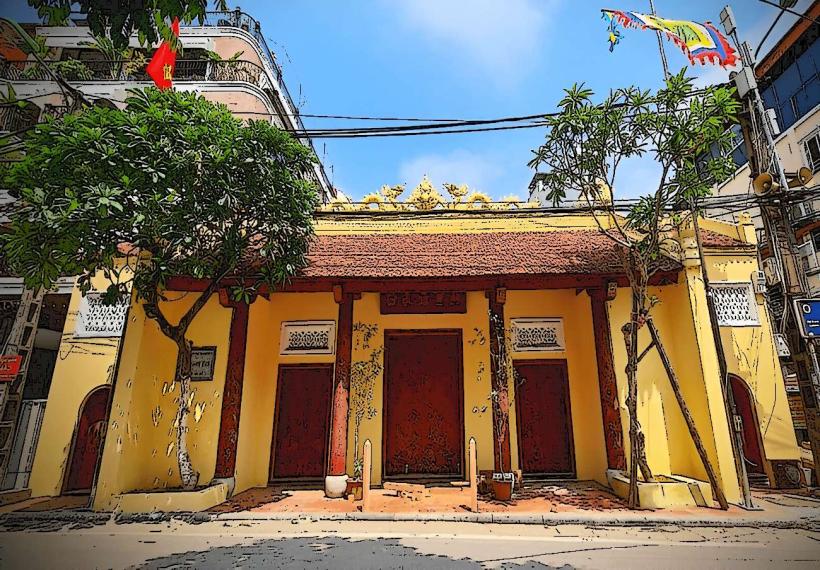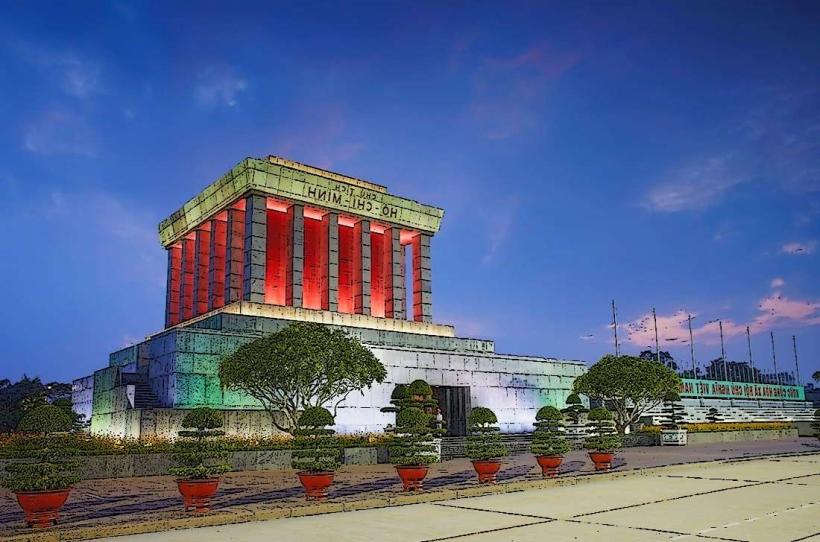Information
Landmark: West LakeCity: Hanoi
Country: Vietnam
Continent: Asia
West Lake, Hanoi, Vietnam, Asia
West Lake is a large freshwater lake situated in the northwest of Hanoi, Vietnam's capital city.
Visual Characteristics
The lake's surface area is approximately 500 hectares. Its perimeter is lined with a mix of urban development and vegetation, including numerous willow trees and lotus beds that bloom in summer. The water color varies depending on atmospheric conditions and depth, typically appearing grey-green.
Location & Access Logistics
West Lake is located about 7 kilometers northwest of Hanoi's Old Quarter. Access is primarily via Ring Road 2 (Vo Chi Cong Street) and Thanh Nien Road, which divides the lake from Truc Bach Lake. Numerous local bus lines serve the area, including routes 33, 50, and 86. Parking is available at designated lots along the lake's edge, particularly near popular attractions like Tran Quoc Pagoda.
Historical & Ecological Origin
West Lake was formed by the Red River shifting its course. Historically, it was a royal retreat and a site for imperial ceremonies. The lake's current form is a result of centuries of natural processes and human intervention, including the construction of dikes and causeways.
Key Highlights & Activities
Activities include cycling or walking along the lake's extensive perimeter paths. Boat rentals are available for exploring the water. Visitors can observe the architecture of Tran Quoc Pagoda, Vietnam's oldest pagoda, located on a small island. Fishing is a common local activity. The lotus gardens are a point of interest during their blooming season.
Infrastructure & Amenities
Restrooms are available at various points around the lake, particularly near pagodas and restaurants. Shade is provided by numerous trees along the pathways. Cell phone signal (4G/5G) is generally strong throughout the area. Numerous food vendors and restaurants are situated along the lake's circumference, offering local Vietnamese cuisine.
Best Time to Visit
For photography, early morning (6:00 AM - 8:00 AM) offers soft light and fewer crowds. Late afternoon (4:00 PM - 6:00 PM) provides similar lighting conditions. The best months for pleasant weather are generally from October to April, avoiding the peak heat and humidity of summer. Lotus bloom is typically from June to August.
Facts & Legends
A local legend tells of the dragon Lạc Long Quân, who created the lake by striking the ground with his tail. Another notable fact is the presence of numerous ancient temples and pagodas surrounding the lake, reflecting its historical significance as a spiritual center.
Nearby Landmarks
- Tran Quoc Pagoda (0.2km East)
- Quan Thanh Temple (1.5km South)
- Ho Chi Minh Mausoleum Complex (4.0km South)
- Temple of Literature (4.5km South)
- Hanoi Old Quarter (7.0km Southeast)

